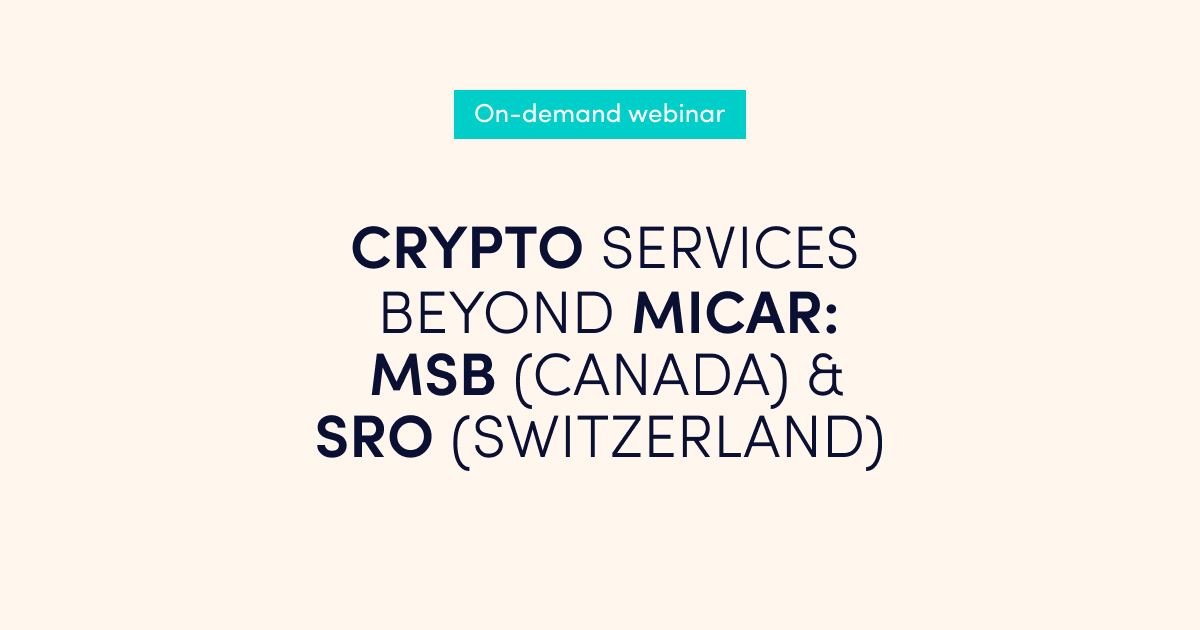The core banking system acts as a back-office system that processes daily banking or e-wallet transactions, manages customers and accounts, and provides comprehensive financial accounting.
In this article, we will introduce each module of our Core Banking platform and their functional capabilities to support all primary operations of a digital bank, e-wallet or payment institution.
Advapay’s core banking Macrobank back-office has the breadth of functionality to handle the most sophisticated requirements to comply with regulatory, business and customers` needs. They include the functionality to ensure regulatory requirements, maximise operational efficiency, reduce costs, and deliver the ultimate customer experience.
There are the most important requirements for the Core Banking system`s back-office:
1 – MEET REGULATORY REQUIREMENTS
Digital banks and payment institutions need to respond to the ongoing regulatory challenge with the adaptable architecture of the Core Banking system. This includes compliance with European regulations, such as PSD2 directive, Open Banking, and requirements for SCA or meeting local financial regulator legislation, such as submitting different monthly or yearly reports.
2 – AUTOMATION OF PROCESSES
The benefits of automated processes and operations are higher productivity, greater customer service and experience, increased performance, and reduced operating costs. In addition, functionality for creating different customer groups, rules for AML, payments or customers will help make processes fully or partly automatic depending on business needs.
3 – FOCUS ON CUSTOMER NEEDS
Provision of exceptional customer experiences is the core of any banking or fintech businesses as the level of how fintechs solve customers` financial challenges directly affects the business. The onboarding process, ease and automation of payments, and many other essential features for customers rely on the Core banking system’s flexibility and capabilities.
With Advapay’s flexible Core Banking platform, you can not only meet all existing requirements but also will get an engine capable of supporting the continuous growth of your company and ongoing innovation. So, whether you are a small start-up, medium-large payment company or a digital bank, we are here to help you create a fully personalised Core Banking.
The most important functionalities of our Core Banking system:
CURRENT ACCOUNTS & IBANS
This module allows automatic creation of current accounts and generation of different IBANs – multicurrency, single-currency or set of currencies. IBANs are generated automatically using standard algorithms according to the generic IBAN generation rules.
Each current account can have one or more IBANs, as well as customers can apply for an Individual account or a Business account. If they need a multi currency account – they can pick which currency they prefer. This module allows customers to choose currencies from the list of more than 30 currencies.
The module can provide full or partly automation for operations according to rules and workflow you set in a back-office of Core Banking system. Operators can set and change statuses for current accounts during the registration or at any time. For example, operators can add up the condition for the account that restricts access to certain functions or payment types or grant access to any operation, amount, and currency.
FINANCIAL ACCOUNTING & GENERAL LEDGER
This module provides real-time and multi currency accounting of financial transactions in compliance with International Financial Reporting Standards (IFRS). The module includes General Ledger and Chart of Accounts correspond to Generally Accepted Accounting Principles (GAAP). A flexible setting tool allows you to customise General Ledger, Chart of Accounts, mask of account numeration for your business.
With this module, you will receive a complete record of all your accounts and transactions your business has and will help you prepare for regulatory statements. You can create specific reports for business and regulatory needs and make cash flow forecasting. Then, together with your accountant, you can use the data to plan for long-term success accurately.
The module represents a reporting tool for your accounting department – a great facility to view a complete snapshot of current financials and operations. The reporting tool allows you to create customised financial accounting reports and account statements to meet IFRS and local requirements. With this reporting tool, you will be able to make different accountancy and business reports – for example, a Balance sheet, a Trial balance, a Profit & Loss Statement, a Statement of account, a Statement by the client and others on request.
This module is specially designed for financial institutions, enables management of your bank’s nostro and vostro accounts, and supports the reconciliation of these accounts. Furthermore, it provides accounting for funds on correspondent accounts, facilitation of consolidation and reporting related to account data. In addition, you can carry out all your multi currency operations and manage the client accounting system.
The module enables end-to-end accounting management for everyday operations and tax periods – closing & opening of operation day, revaluation procedure, tax period closing.
PAYMENTS AND TRANSFER PROCESSING
The payment module initiates outgoing and incoming international, local or internal payments, unknown payments and nostro transfers. This module represents different forms for back-office processing, and has connections to correspondent accounts and currency exchange modules.
The module comes with different integrations with payment schemes, payment service providers and correspondent banks. Payment can be automatically routed from/to the specific payment service provider or a bank. Fintechs have unlimited possibilities to enrich their payment options to customers by adding new integrations. Companies can start with a basic solution or MVP and grow their products step by step.
Besides standard functionalities for payment processing, the module has a built-in engine for setting tariffs, commissions and rules. These settings will enable an automated payments process, AML checks and charging of commissions for each transaction. In addition, tariffs can be defined for different customer groups, payment types, currency etc.
The workflow of payments can also be customised according to fintech company needs – the process can be fully automated or include manual steps and verifications.
In the back office of Macrobank, operators can customise payment forms of web banking and mobile banking. Any modifications, including adding/deleting/replacing form fields, automatically appear in a web bank and mobile banking apps.
The system allows you to set up different triggers for admins to receive notifications about transactions or any other customers’ activities.
CURRENCIES AND RATES
The module provides an automated currency conversion via API and integrations with liquidity and currency exchange providers. Fintech companies can choose any currency exchange provider from the available providers or connect to others that suit their business best. The main functionalities of this module are automatic bank rates upload engine, setup of rates and tariffs based on different parameters.
In the back-office of Core Banking system Macrobank, you can set up different algorithms of calculation of tariffs – in percentage, fixed value or both. Also, transactions in currencies can be automatically routed to the appropriate FX provider.
CLIENT ONBOARDING AND MANAGEMENT
This module enables processing customer applications, creating different types of customer profiles, granting accesses and managing document flow.
The Client Onboarding module allows you to create individual and business profiles and assign different rules/roles for each customer. Each profile contains all information about the specific customer – documents, accounts, transactions, accesses and permissions.
This module is connected with web banking and mobile banking onboarding applications. To provide customer-friendly onboarding, you can pick 2-step onboarding. During the first step, the customer is only requested to enter the contact data. After this short step, the customer receives access to the web bank. The customer can continue onboarding and verification at any time he feels comfortable.
The workflow of the onboarding process can be customisable to suit specific business needs. For example, you can make the process fully automated with KYC integrations, add UP steps for manual verification, offer different forms according to customer type, and others.
In the back-office of Core Banking system Macrobank, you can also change, modify or customise onboarding forms for the web bank and mobile banking app – to add or delete required fields. These changes appear immediately in applications without the need to upgrade applications.
AML/KYC
The AML/KYC module provides remote identity verification, AML/KYC document checks and transaction screening & monitoring. In addition, the module offers in-built functionality for manual verification or automatic verification with the help of integrations with KYC/AML providers.
This module enables the setting of transaction filters or different limits for customers or customer groups. You can create your blacklists or connect to official PEP or sanction lists. Operators can set the system to receive triggers for enhanced monitoring and set up notifications, e.g., for expiry dates.
For automated communication with customers and sending notifications, you can set up transactional emails that will be integrated with the back-office of Core Banking system Macrobank.
TARIFFS AND FEES
This module allows you to set up different tariff categories and apply specific fees for each category. You can create tariff categories for different parameters for:
- international or local payment types, for example, SEPA, SWIFT, FPS, CHAPS, internal or other;
- specific countries;
- individuals and businesses;
- different activities like account opening, maintenance or closing;
- irreducible balance.
The module can support different payment strategies and offers unlimited options to create fees. In addition, businesses can set up tariffs in various values – in percentage, a fixed value or both options.
Advapay is a technology company providing the Digital Core Banking platform to empower fintech clients or digital banks to start their businesses and accelerate digital transformation. The platform delivers all essential functionalities, a front-to-back system and a set of tools to customise and bring new integrations. With Advapay, potential and existing customers can connect either to the cloud-based SaaS or on-premise software. Besides the technical infrastructure, the company provides business advisory and fintech licensing services. Interested to learn more, please drop us a message.








